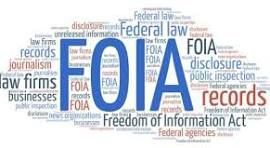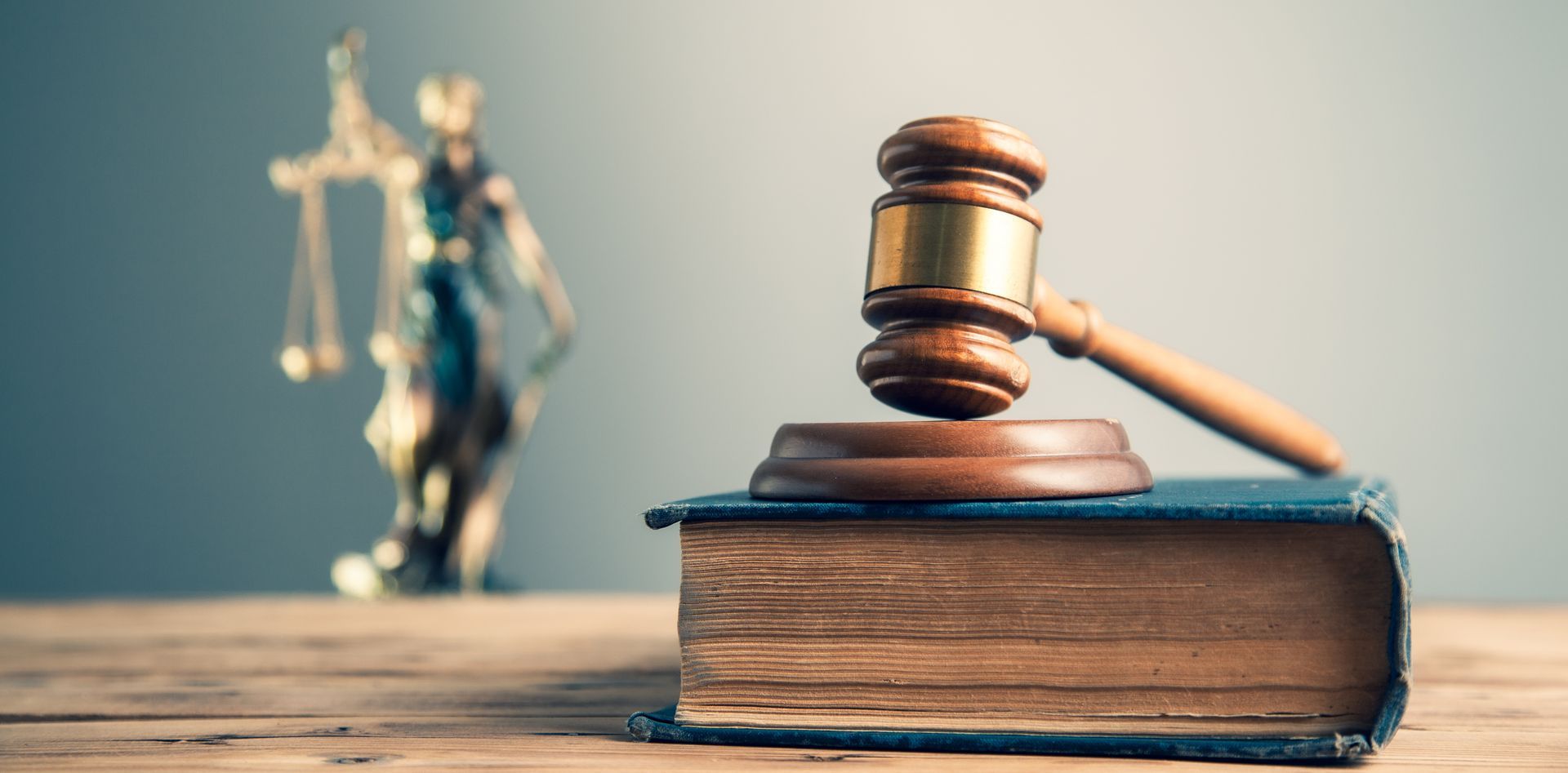
Illinois Cannabis and COVID-19
Extensions, Pickups and Maybe Deliveries: How State Regulators are Adapting to the Pandemic

Cannabis License Submission Deadline Postponed Again
For a second time, the State of Illinois has postponed the application deadline for cannabis craft grower, infuser and transporter licenses. The current submission deadline is now April 30, 2020. All submissions must be sent via certified mail and post-marked on or before April 30. Read the full notice here and Gov. Pritzker’s Executive Order here.
If you are still in need of assistance or have any questions
with your applications, please contact us. We are happy to help.
Dispensary Curbside Pickup Temporarily Allowed for
Medical Patients
The Illinois Department of Financial and Professional Regulation (“IDFPR”) is allowing curbside pickup of medical cannabis. IDFPR made the announcement, along with other mitigation measures, in order to reduce the coronavirus exposure risk to medical cannabis patients who often already have a compromised immune system. Read IDFPR’s announcement here.
Bill to Allow Home Delivery Being Reconsidered
Initially introduced in February 2020, HB5274 would create a new license-type that would allow for the home delivery of cannabis to consumers—currently prohibited under the Cannabis Regulation and Taxation Act. The bill was quickly referred to Rules Committee which is where many bills are put to die.
However, now with many ideas being floated to combat the spread of the coronavirus, HB5274’s author, State Rep. Sonya Harper, is pushing again for home delivery through an either an executive order or an expedited legislative process. Given that the Illinois General Assembly remains suspended due to the coronavirus crisis, an executive order may be the best hope for authorizing home delivery in the near future. In fact, Michigan could provide a model for doing just that.
Last month Michigan used an executive order and an administrative emergency rule to allow all dispensaries to provide home deliveries to customers—subject to state approval of each establishment’s delivery process. Unlike Illinois, however, Michigan already had home delivery procedures in effect.
Although there are unofficial reports of the Illinois governor’s office discussing how Illinois’ home delivery scheme would work, nothing official has yet been announced. However, as we all know very well at this point, situations change daily.

CONTACT US TODAY
Contact Us
We will get back to you as soon as possible.
Please try again later.
LOCATION
570 Lake Cook Road, Unit 119
Deerfield, IL 60015
Shapiro & Associates Law | All Rights Reserved |
Created by Olive + Ash.
Managed by Olive Street Design.









